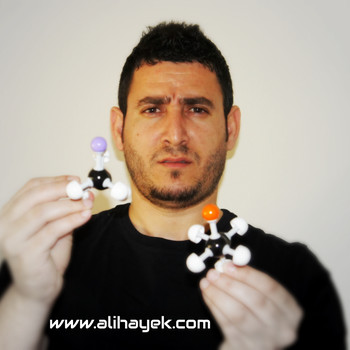The energy of the formation of a solution is divided into three energies (enthalpies DeltaH) as shown in the figure below:

color(gray)("Image source: Zumdahl textbook")
The enthalpy is the solution is given by:
DeltaH_("Soln")=DeltaH_1+DeltaH_2+DeltaH_3
If DeltaH_("Soln")<0, the solution will form and if DeltaH_("Soln")">>"0 (large positive) the solution will not form.
However, if DeltaH_("Soln")>0 (small positive) the solution will form thanks to the increase in entropy DeltaS>0.
for example, the (DeltaH_("Soln"))_(NaCl)=3(kJ)/(mol) which is small positive. The solution forms as we know, since NaCl is soluble in water.


